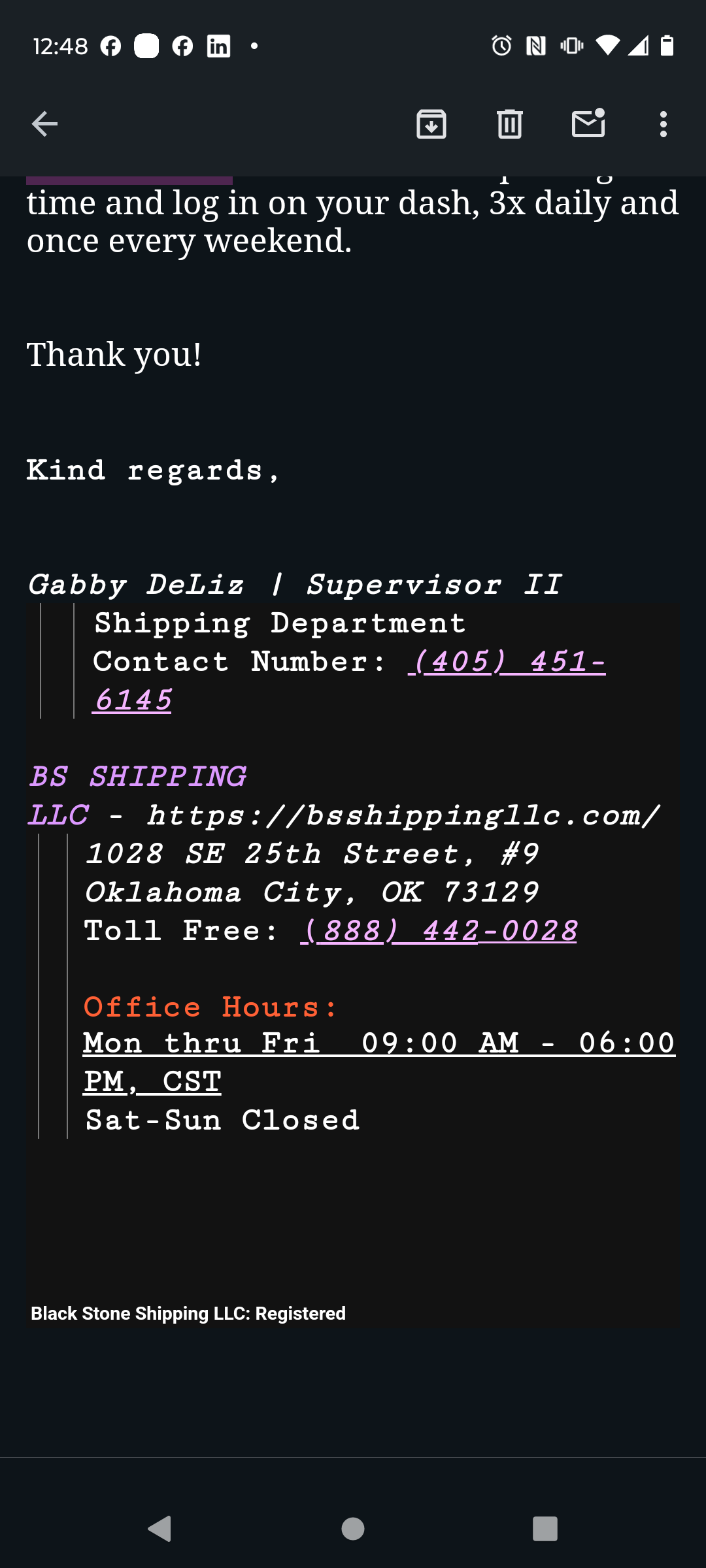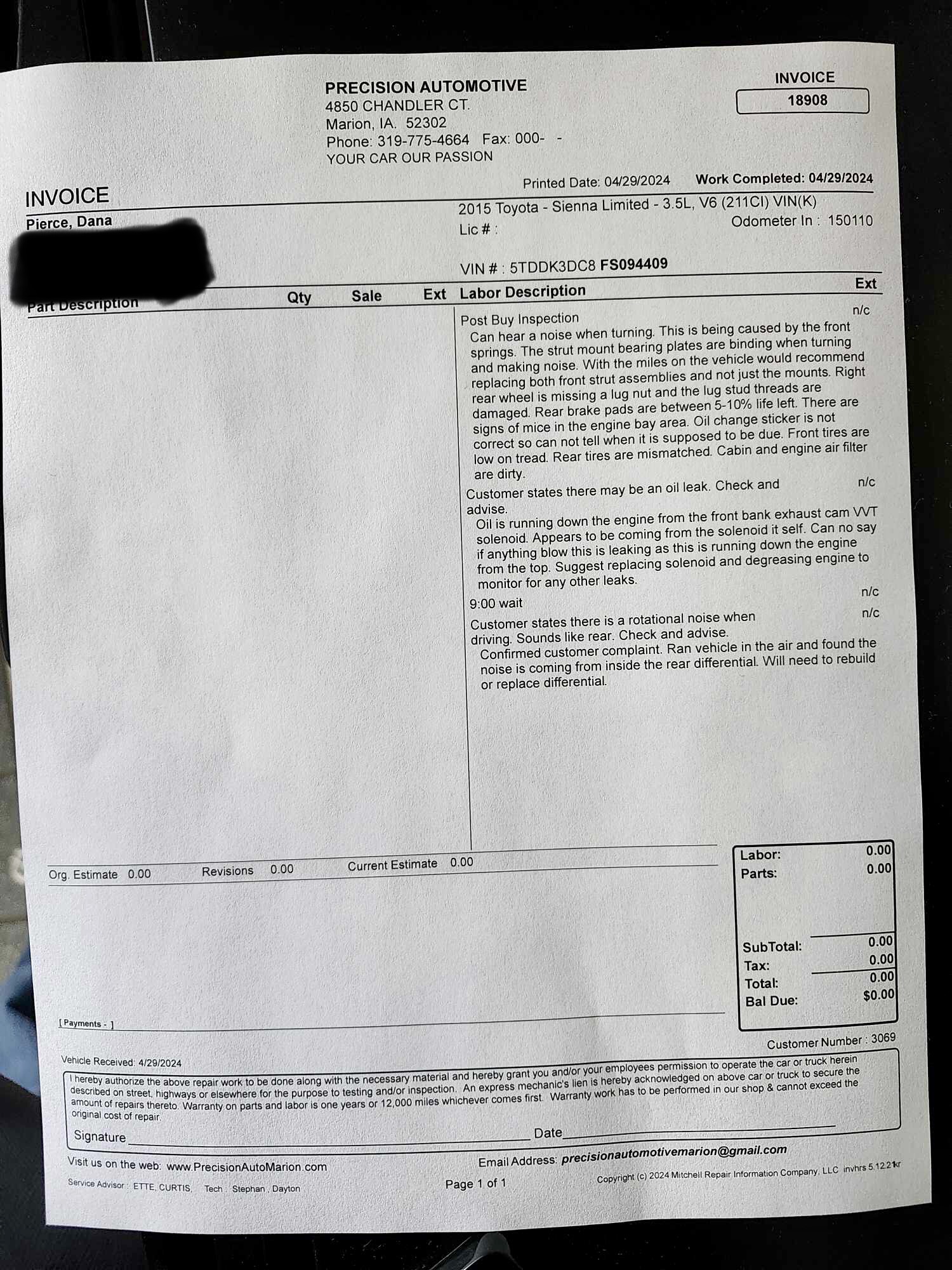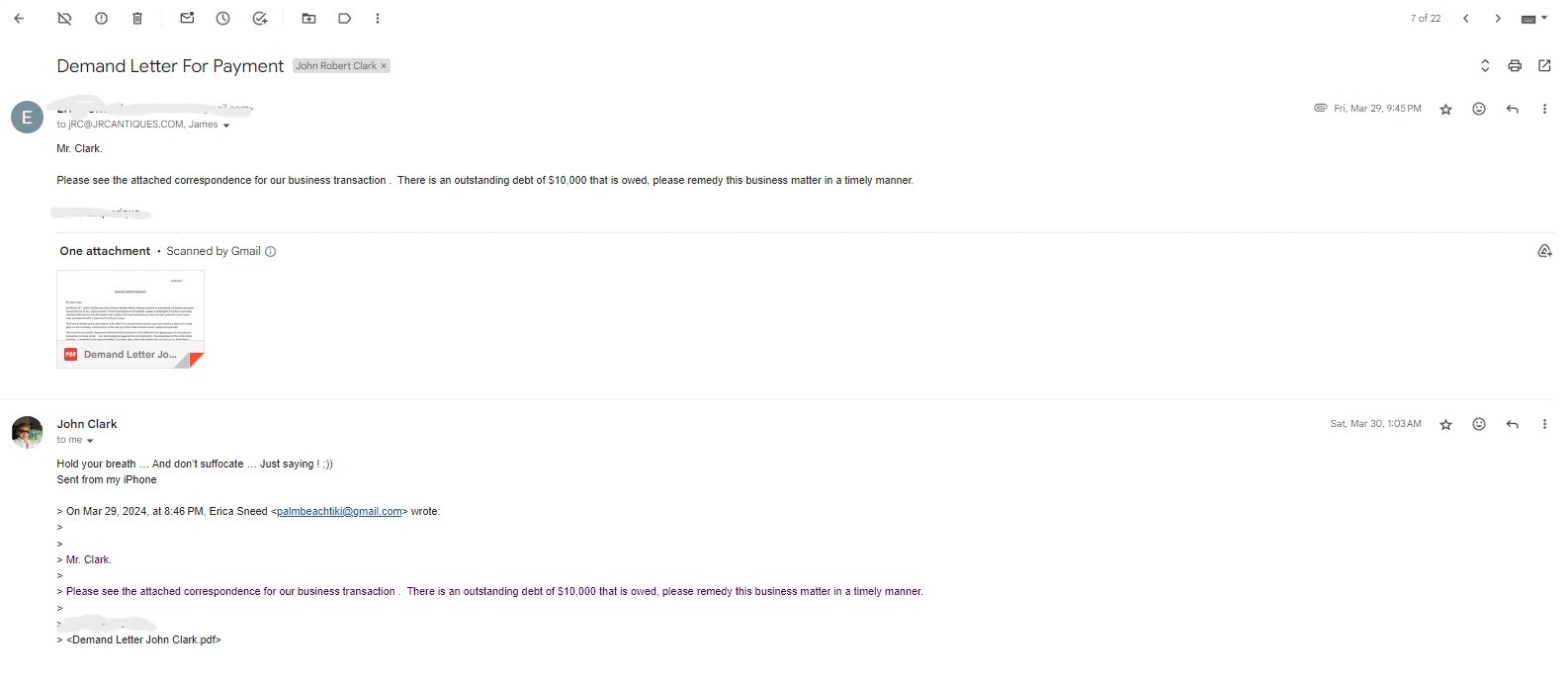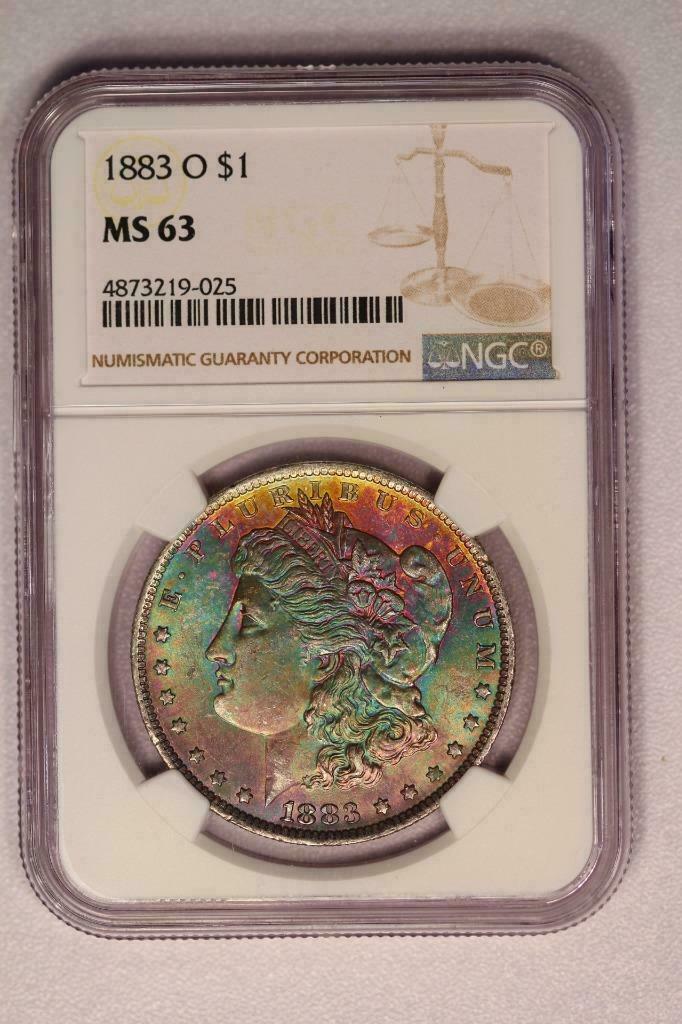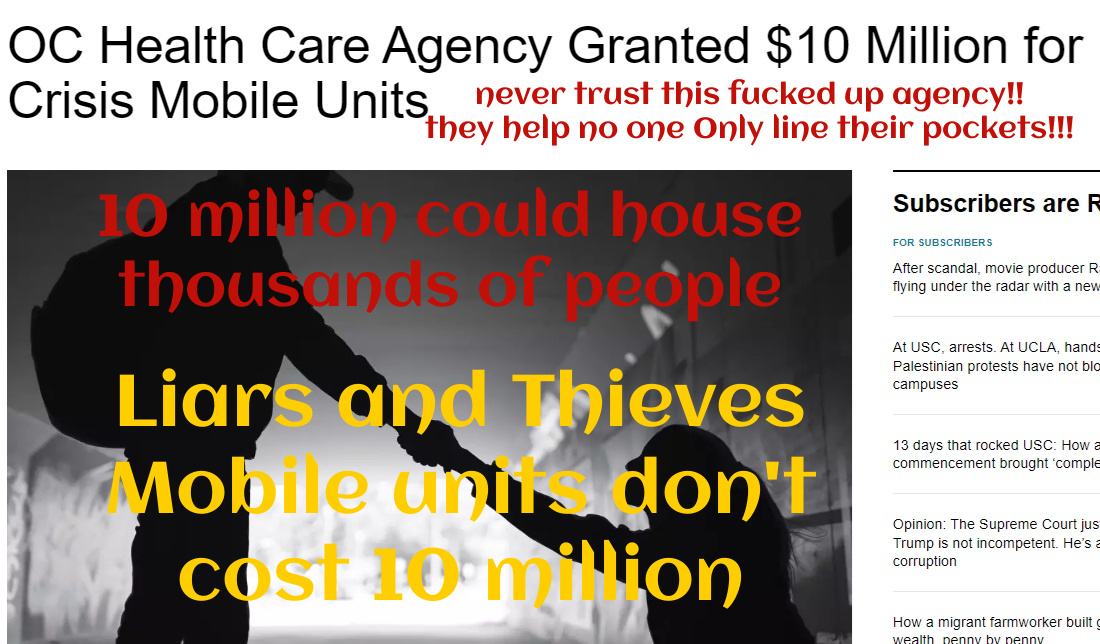- Report: #614404
Complaint Review: Capital One - McLean Virginia
Capital One - Capital One Financial Corporation Credit Limit Decrease Dispute McLean Virginia
*Consumer Comment: Again..
*Consumer Comment: It's not your decision
*Author of original report: Response to Robert
*Consumer Comment: Actual answers to your questions..
*Consumer Comment: Me too
*Author of original report: Response to Flynrider & Appreciation
*Consumer Comment: Best of luck.
*Author of original report: Response for Flynrider
*Consumer Comment: Good luck indeed...
I pointed out to Capital One representatives during each phone call, and in letters to the company, that their general reasons are logically flawed. Representatives have stated to me that I am a member in good standing and agreed that Capital One's decision does not work in my favor financially. My Equifax report listed me at the time as an individual with strong credit rating. I consulted Equifax because an Account Manager with Capital One specifically mentioned that agency as having been consulted in the decision process. All available information tells me that there is no valid reason for Capital One to have decreased my credit limit.
A Capital One representative from their Executive Offices in McLean, VA, told me that Capital One will not release any information regarding the model they used to make this decision, despite me being a stakeholder in the situation; that Capital One reserves the right to raise or lower credit limits without notice; and that the cardholder agrees to do business with Capital One under those conditions when applying for the credit card.
She refused to share information with me regarding my specific situation with Capital One, and continued to refer to that information as "proprietary." She recommended contacting a Credit Analyst in order to find out specific reasons why the credit limit was decreased, but stated that Capital One does not offer Credit Analyst services to its cardholders. I would have to retain a Credit Analyst on my own to get more specific information on the decision that Capital One made.
She asserted that any consequences would be due to how I have managed my credit. I explained that I viewed the consequences to my credit rating to be a direct result of Capital One's decision and she stated she understood how I could see it that way, but also explained that Capital One does not consider itself to have ANY liability in a situation where a cardholder's credit rating is damaged by its decision to reduce credit limits. She asserted that the cardholder accepts the liability by accepting the credit card agreement.
In my mind, this appears as if Capital One is allowing itself to make decisions and not accept any responsibility for the decisions they have made.
QUESTIONS:
1. Is there anyone else out there who has encountered this problem with Capital One?
2. If so, what steps are you taking to resolve the matter, and what results are you seeing?
3. Can Capital One be held liable for damaging a persons credit rating/FICO score by performing credit limit decreases (CLDs)?
4. Is there an investigation into the feasibility of a lawsuit, or class-action lawsuit, on these grounds?
9 Updates & Rebuttals
Ronny g
North hollywood,California,
USA
Good luck indeed...
#2Consumer Comment
Fri, June 18, 2010
Speaking of "luck", and negative effect on the economy..well it seems bad "luck", or poor investments and unfettered gambling with our money (thank you Wall Street) has put us into a horrible recession, which could become a depression. I hope not but it does not look good. The unemployment rate is not showing any substantial improvement.
And what did the banks do? Devise clever systems to take advantage of mistakes or the fact that many are struggling right now to keep a positive balance, and fee them into further economic misery. Thank you again, Wall Street. I guess "misery" really does love company.
Sure the Government shares some blame, but it is Wall Street that killed us. They get a bailout from our tax dollars, we get tactics to increase fees, decreased credit limits and hurt credit ratings..thank you again Wall street.
However, the concern here is if Cap One can get away with what they did to you simply because it states in a contract that they can change any terms at will. And, that you can call with questions regarding these changes as instructed in the notifications..and when you do, no answers.
Some will say there is nothing you can do..just like they told banking victims that were subject to unfair and unethical policies that cost them billions...and SURPRISE...regardless of what was in the contract, laws have changed recently, and lawsuits are going STRONG. The customers will not get all their money back of course, but they can expect something, and it will bring more change. What the banks will do next to make up for it is another story, but we need to let the failures fail next time, the cream will rise to the top.
So, when we as a FREE people are unhappy with the terms of a contract, even though we signed it..does not mean we have to sit idle and take it when the terms in a contract are used as an excuse to unfairly hurt another party in the contract. Do an internet search of contract law and read up..you may be surprised that at times..the consumers can win, even against giant greedy corporations. That is how we stop this.
1) expose it
2) complain...a LOT
3) Class action lawsuits
4) As Jeanski stated, do not do business with these kinds of companies.
Now although these companies losing customers can hurt them..it won't always guarantee change, or make an unfair term become fair. Or encourage other companies not to do the same.
We need all 4 things on the list and that will make changes for the consumers. Or, we can leave these financial institutions to their own ways unfettered, and do nothing while this great countries economy crumbles and we become the US of Mexico, while the fat cat bankers get bonuses that are higher then the GNP of half the world off struggling Americans backs.
Resposible Member of Society
Raytown,Missouri,
USA
Response for Flynrider
#3Author of original report
Thu, June 17, 2010
1. "It doesn't really matter if you believe it's flawed. They get to decide. You can certainly ask them to reevaluate their decision, but they're under no obligation to do so." All of the information Capital One has provided points to the conclusion that their decision is flawed and invalid. Consistent refusal to release specific information regarding my account analysis that led to their decision, or to re-evaluate the decision and provide to me a more detailed and applicable reasoning, only serves to cause a Public Relations problem and cardholder alienation.
Nowhere within the "Capital One Customer Agreement" does it discuss procedures for disputes with Capital One regarding their management of my account. Feel free to check it; I did. Therefore, I must go off of the documents sent to me on Capital One letterhead regarding this issue. Each document states "If you have any questions, please give us a call at ..." and/or "In order to be of assistance and answer all of your questions, please call our office and speak to a Customer Service Representative." Capital One is failing to fulfill its commitment within these statements. Not a legal issue, but an effective business issue.
2. "Perhaps "mode"l was not the best word. They don't have to tell you the specific reasons for their decision. Read the card agreement." A) "Model" is the word used by the executive offices representative, so I don't fault you for using it. B) The "Capital One Customer Agreement" says nothing about revealing reasons for decisions. The closest it comes is:
Changes to Your Agreement.
At any time, we may add, delete or change any term of this Agreement unless the law prohibits us from doing so. We will give you notice of any changes as required by law. If we do notify you of changes, we will send you a separate notice or inform you on your Statement. We may send this notice to you electronically as permitted by law. Our notice will tell you when and how the changes will take effect and describe any rights you have in connection with the changes.
The "notice" Capital One sent to me did explain when and how the credit limit decrease would happen. Since there was no "Cardholder Rights" section, the closest resemblance to said rights is their statements "If you have any questions, please give us a call at ...." and "In order to be of assistance and answer all of your questions, please call our office and speak to a Customer Service Representative." If my rights include "answer(s) [to] all of [my] questions," Capital One is, again, failing.
3. "While you may have perceived that a precedent was set to give you input into your credit limit, the card agreement is what truly governs the terms and conditions of your credit line. I doubt you will find anything in that agreement that bolsters your argument." The "Capital One Customer Agreement" does state that Capital one can increase, decrease, restrict or cancel credit limits at any time. It makes no mention of any process to dispute, appeal or reverse decisions made by Capital One.
I inferred from your initial post Your post implies that you have the right to have input into this decision. that you believed my position was unfounded. With that in mind, I was attempting to illustrate for you that the foundation of my argument was in Capital One's practice and procedure. It is currently contradictory to the history I have had with them. Any kid can tell you that playing by one set of rules, then deciding to use the game manual when it suits you and harms the players other than you is an unfair practice.
4. "I wish you the best of luck." I think we all need luck when it comes to dealing with major corporations who are making improper and unfair decisions that negatively affect individuals and, ultimately, the economy.
Flynrider
Phoenix,Arizona,
USA
Best of luck.
#4Consumer Comment
Wed, June 16, 2010
"I believe that their evaluation is flawed and will result in negative outcomes for, first, the cardholders, then the company and economy at large. When something is done improperly, or a decision ignores logical flaws and dangers, it must be re-evaluated."
It doesn't really matter if you believe it's flawed. They get to decide. You can certainly ask them to reevaluate their decision, but they're under no obligation to do so.
"I never once asked Capital One to reveal their "model." I told them that the reasons they provided to me were inaccurate, flawed and inapplicable, therefore they needed to explain to me in more detail the factors that led them to the decision in my specific case."
Perhaps "mode"l was not the best word. They don't have to tell you the specific reasons for their decision. Read the card agreement. In the last few years, credit card companies have been modifiying the risk level of their outstanding credit lines. In most cases of credit lines being slashed, it has nothing to do with the customer. It has to do with the issuing bank changing their internal risk profiles. They can do this whenever they want and they don't have to explain their reasons to their customers. I agree with you that they are giving you the run-around by telling you to go check your credit report. Unless you know what specifics have changed in the bank's risk profiles, such an exercise is futile. Unfortunately, the bottom line is that the card agreement says they can change the terms at their discretion and you don't have much say in the matter.
"The precedent was set by Capital One practices and procedures to imply that I have input in the decision, not the other way around. Since this issue arose, each letter I have received from Capital One has a statement that reads either "If you have any questions, please give us a call at ..." and/or "In order to be of assistance and answer all of your questions, please call our office and speak to a Customer Service Representative." If these direct statements reflect the intention of Capital One, then they are the ones indicating I should be allowed access to the information I request."
While you may have perceived that a precedent was set to give you input into your credit limit, the card agreement is what truly governs the terms and conditions of your credit line. I doubt you will find anything in that agreement that bolsters your argument.
Credit card agreements are notoriously one sided. They give the issuing bank absolute power to dictate and change the terms of the agreement whenever the like. The customer, on the other hand, has only the option of closing the account if they don't like the changed terms. I've read dozens of these and they're all basically the same. I have long posted on this site that because of the way these agreements are structured, borrowing via a revolving line of credit is just a small notch above dealling with loan sharks.
If you have not read your card agreement in its entirety, I suggest you do so. If you have, and you still think you have a leg to stand on, then I wish you the best of luck.
Resposible Member of Society
Raytown,Missouri,
USA
Response to Flynrider & Appreciation
#5Author of original report
Wed, June 16, 2010
I should start with my sincere appreciation for the constructive comments provided by Ronny g and Jeanski. Your advice will certainly benefit myself and many others who find themselves in this situation. I will definitely check out the websites you provided! Thank you!
Flynrider: Since your posts lists before my response to Robert, I can only assume that you did not have the opportunity to read my response. There are some pieces of information in there that could be helpful to you, as well, in fully understanding the situation. As for your points, I have several thoughts.
"The company has decided to reevaluate their risk profile, which they
have every right to do." They do. I believe that their evaluation is flawed and will result in negative outcomes for, first, the cardholders, then the company and economy at large. When something is done improperly, or a decision ignores logical flaws and dangers, it must be re-evaluated.
"The models that they use to evaluate are not public information and they
are under no obligation to disclose that information to you." I never once asked Capital One to reveal their "model." I told them that the reasons they provided to me were inaccurate, flawed and inapplicable, therefore they needed to explain to me in more detail the factors that led them to the decision in my specific case. A "model" is a generalized pattern that is applied to a large number of situations. Not all specific cases within the "batch" to which the model is applied actually fit the model. In mathematics, they call those "outliers." In an effective system, outliers are removed from the batch and put back into the general pool so that only the cases that fit the model are within the model. Based on the information Capital One has presented, I do not believe my case fits their model.
If you contend that revealing to me the specific and detailed information is the same as revealing the "model," then why would the individual from the executive offices tell me that a Credit Analyst has access to the exact same information they did, and could tell me (in all likelihood) why the decision was made? Capital One is demanding I access the exact same information from a third party in order to find out Capital One's specific reasoning. Quite simply, it's a "run-around" tactic.
"Your post implies that you have the right to have input into this
decision. That would be incorrect." In the ten year history I have with Capital One, I have never had a credit limit decrease. Capital One has contacted me several times to "offer" a credit limit increase, which required my approval. In fact, every Account Manager and even the representative from the executive offices referred to increases as "offers." The precedent was set by Capital One practices and procedures to imply that I have input in the decision, not the other way around.
Since this issue arose, each letter I have received from Capital One has a statement that reads either "If you have any questions, please give us a call at ..." and/or "In order to be of assistance and answer all of your questions, please call our office and speak to a Customer Service Representative." If these direct statements reflect the intention of Capital One, then they are the ones indicating I should be allowed access to the information I request. "Answer all of your questions" is something that Capital One refuses to do now that the answers I seek are uncomfortable for them to admit.
"Unless you have a contract with the bank that guarantees a fixed credit
line, you're just wasting your time with this." Though I may not get the decision reversed, I hardly think this is a waste of time. It is never a waste of time to identify improper and unfair practices of others, whether they be individuals or worldwide corporations.
Jeanski
Buffalo,New York,
USA
Me too
#6Consumer Comment
Wed, June 16, 2010
Although I haven't experienced this problem with Capital One, it did happen to me with several of my other cards. It's a never-ending cycle that we, as consumers, just can't beat. American Express routinely decreases my credit limit every time I make a large payment. As the OP stated, this increases my use/available credit raio, thus making me appear as a credit risk. This, in turn, causes my other creditors to decrease my limit and/or raise my rates. And so the cycle continues.
I don't think there is anything we can do, and this is sad. Our only recourse will be to not patronize these companies. Although there have been many complaints on ROR about Chase, I, for one, have not had any problems. So they'll keep getting my business. When I complained to AmEx about their decision to lower my limit at a crucial time they closed my account.
I've always paid on time, more than the minimum, and don't exceed my limits. But my responsible use of credit doesn't seem to count for anything. So I'm just going to pay them all off (slowly, but eventually) and stick to cash.
Ronny g
North hollywood,California,
USA
Actual answers to your questions..
#7Consumer Comment
Wed, June 16, 2010
Unfortunately, the first respondent is a known bank defender and "victim kicker".
Lets cut through the belittling and BS and try to answer your questions as asked...
QUESTIONS:
1. Is there anyone else out there who has encountered this problem with Capital One?
Most likely. However I also have a Cap One account and so far no problems.
2. If so, what steps are you taking to resolve the matter, and what results are you seeing?
N/A
3. Can Capital One be held liable for damaging a persons credit rating/FICO score by performing credit limit decreases (CLDs)?
See the next answer...
4. Is there an investigation into the feasibility of a lawsuit, or class-action lawsuit, on these grounds?
Consumers file lawsuits all the time. However, very rarely if ever will a frivolous lawsuit make it to trial. There has to be grounds. I suggest you go to this website (I put in the word "dot" instead of an actual dot in hopes this site does not redact it) and see if any of your complaints apply...
www (dot) ftc (dot) gov/credit
Also try these links for similar complaints, or whichever links are not redacted, or do an internet search such as "lawsuits for credit limit decrease", "consumer affairs credit limit", "
Class action lawsuit against bank for credit limit reductions
etc, ...http://www.consumeraffairs.com/
http://www.consumeraffairs.com/credit_cards/capital_one.htm
You will have no problem finding hundreds of thousands of results.
Best of luck.
Resposible Member of Society
Raytown,Missouri,
USA
Response to Robert
#8Author of original report
Wed, June 16, 2010
If I was not clear in my initial report, allow me to clarify. I understand Capital One claims to reserve the right to raise and lower my credit limit without notice to me. Interestingly enough, each raise through my 10 year history with the company was an "offer" that required my approval. The practice of lowering my credit limit was not afforded the same procedure. Though it may be legal, it is certainly hypocritical and tantamount to an unfair business practice.
Your point about a personal loan is terribly inaccurate. If you insist on a loan analogy (which I disagree with as an accurate portrayal), it would be more accurate to explain it this way: Capital One offered me a loan of $1000, which I accepted. I decided to not use the full amount of the loan. For the life of my relationship with Capital One, they were just fine with that arrangement, as long as I repaid on the portion I used. Upon poor market conditions beyond my or Capital One's control, Capital One decided for vague reasons (none of which reference the current economic conditions, but representatives freely use that line in phone calls) that I no longer needed the full amount of the loan and reduced it by 57%. (If I agreed with the loan analogy, here is where I would say "They went into my bank account and took back 57% of what they gave me without telling me!" and you would see how inappropriate the loan analogy is) Capital One steadfastly refuses to provide me with any specific information that led to their decision in my case, even though I am directly affected by their decision and it is my account with them. As I am currently carrying a balance on that loan, say $370, my new loan cap of $430 makes it look like I am mismanaging my financial habits.
When Equifax, Transunion, and Experian review my financial status, it will appear as if I have maxed out my available credit and likely reduce my FICO score. When my FICO score goes down, so will my opportunities to invest in real estate, purchase a vehicle and/or improve my education with a student loan. This is the REAL and SUBSTANTIAL harm that Capital One is causing by deciding to reduce credit limits.
My arguments have nothing to do with emotions. I'm logically disagreeing with the "business decision" Capital One has made. For those reasons, I assert that they should reverse the decision, or accept responsibility for the consequences of their actions. It seems to me to a fairly logical conclusion that a party responsible for a harm should be held accountable, and that our legal system should have the necessary means to resolve the issue if the responsible party refuses to resolve it itself.
Since you say that I have no grounds for a lawsuit, would you mind
sharing with me your credentials? If there are no grounds for a lawsuit, what recourse would you recommend? After all, the purposes of this forum include
A) to inform the public of improper and unfair practices of companies and corporations; and
B) to seek productive advice to solve issues encountered by consumers.
Flynrider
Phoenix,Arizona,
USA
It's not your decision
#9Consumer Comment
Wed, June 16, 2010
You have no guarantee of a specific credit limit. The company has decided to reevaluate their risk profile, which they have every right to do. The models that they use to evaluate are not public information and they are under no obligation to disclose that information to you.
Your post implies that you have the right to have input into this decision. That would be incorrect. All you have to do is read the terms and conditions of the account and you should be disabused of that notion.
Unless you have a contract with the bank that guarantees a fixed credit line, you're just wasting your time with this. A lender gets to decide how much credit they are willing to extend. Under a revolving credit agreement, they could reduce your credit line by 99% (or even close the account) if they want. It's their call and you agreed to that when you signed up.
Robert
Irvine,California,
U.S.A.
Again..
#10Consumer Comment
Tue, June 15, 2010
Capital One, as well as other credit cards are granting you a credit line. They issued you a specific credit line, and they can take it away. They are under NO obligation to continue to grant you the same credit line, or even keep your credit account open at all.
Think of it this way. You loan someone $1000 who paid it back to you within your terms. Should you be forced to loan that same person another $1000 if you no longer want to?
Yes you feel "wronged" and probably a bit of a "bruised ego", but you have no grounds for any lawsuit. You would not win any case on the argument that because they lowered your credit limit, your credit score suffered.







